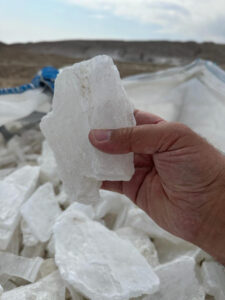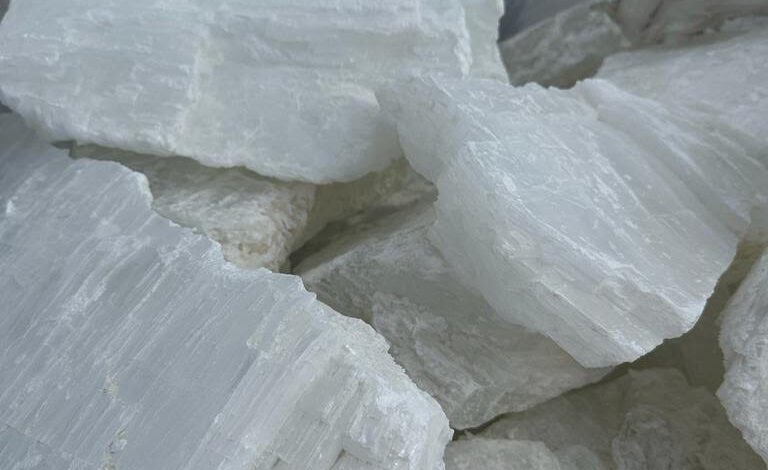A Guide to Sourcing and Selling Crystal Gypsum Globally
Crystal gypsum is in high demand worldwide due to its numerous applications in industries like construction, agriculture, and manufacturing. If you’re looking to export crystal gypsum, finding reliable suppliers and understanding key market trends is essential for success. This guide provides valuable insights into sourcing and exporting crystal gypsum so your business can expand globally.

Why Export Crystal Gypsum?
Crystal gypsum is a versatile and eco-friendly product with many benefits, making it attractive for international markets. Here are several reasons why exporting crystal gypsum can be a profitable venture:
-
High Demand in Agriculture: Crystal gypsum improves soil quality, reduces salinity, and enhances crop production. Consequently, its effectiveness as a soil amendment has increased global demand.
-
Key Material for Construction: The construction industry uses crystal gypsum in plaster, drywall, and cement production. Therefore, ongoing building projects worldwide drive steady demand.
-
Sustainable and Cost-Effective: As a natural, biodegradable material, crystal gypsum is an environmentally friendly option, appealing to industries seeking greener solutions.
-
Global Trade Opportunities: Many regions seek high-quality gypsum at competitive prices. Thus, exporting crystal gypsum allows businesses to tap into new markets and increase revenue.
Steps to Successfully Export Crystal Gypsum
If you plan to export crystal gypsum, following these steps ensures a smooth and profitable process:
1. Identify Reliable Suppliers
The first step is to source high-quality material from trusted suppliers. Look for suppliers who can consistently meet international quality standards. Check for certifications such as ISO or other industry qualifications. Additionally, request samples to verify quality before committing to large orders.
2. Understand International Regulations and Compliance
International regulations vary by country. Therefore, research tariffs, import restrictions, and required documentation, such as certificates of origin and export licenses. Compliance with these standards prevents delays, fines, or shipment rejections.
3. Choose the Right Export Logistics Partner
Efficient logistics are critical for exporting bulk gypsum. Select a logistics partner with experience in international shipping and transparent tracking. Moreover, ensure proper packaging to prevent damage during transit and timely delivery.
4. Set Competitive Pricing
Pricing is a key factor in export success. Research regional pricing trends and account for shipping costs, import duties, and exchange rates. By offering competitive pricing without compromising quality, your business can stand out in global markets.
5. Build Strong Relationships with Buyers
Finally, cultivating strong relationships with international buyers is vital. Communicate clearly about pricing, delivery timelines, and product specifications. Providing excellent customer service builds trust, encourages repeat orders, and establishes long-term business partnerships.
https://iranmineral.net/oil-well-drilling-barite/

